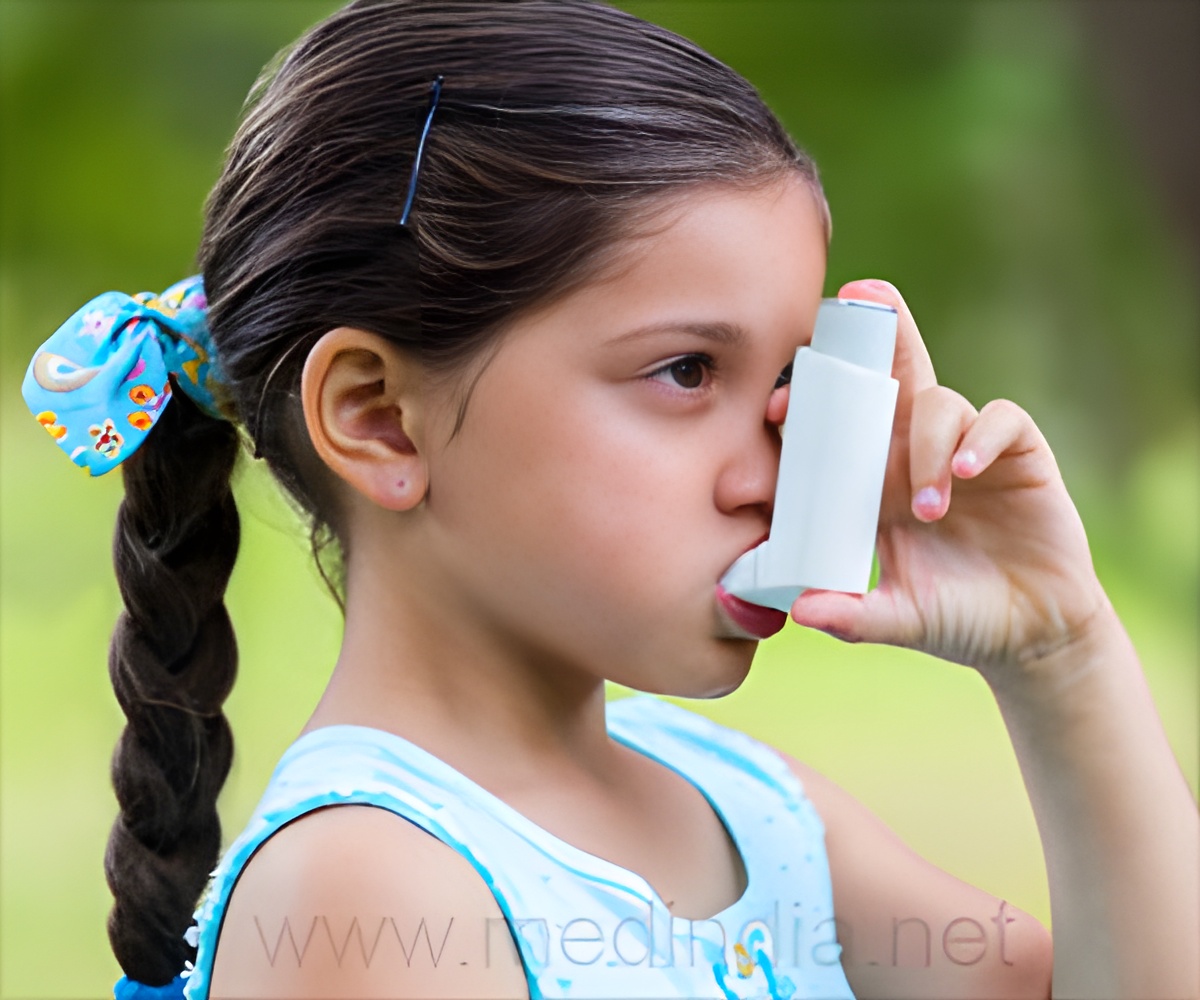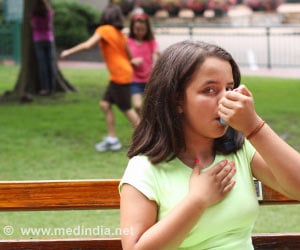Treating asthma symptoms when you first notice them is important. This will help prevent the symptoms from worsening and causing a severe asthma attack.

‘Asthma affects people of all ages, but it most often starts during childhood. In the United States, more than 25 million people are known to have asthma.’





But Dr. Teach and colleagues had a simple idea to bypass the morning struggle for many families: Instead of trying to fit delivery of ICS into an already packed schedule, why not outsource it to the school nurse? "We thought that if we could have those morning doses administered by these medically trained individuals with great technique and regularity, then maybe we would see some improved outcomes in kids," Dr. Teach says. "And we did, in a striking way."
Dr. Teach and colleagues recruited 46 children to participate in a pilot study, published online June 8, 2017 in the Journal of Asthma. To be eligible, these participants had to be in grades kindergarten through eighth in the Washington, D.C. public school system and on Medicaid, demonstrating the type of financial need that can add to the cumulative stress a family already faces. The children were scattered across 18 schools.
Twenty-one of these participants received morning doses of ICS (the intervention group), which the researchers provided to school nurses along with an asthma action plan. The rest (the control group) remained on their prescribed morning and evening doses at home.
After 60 days, the researchers followed up with schools and families. Through electronic records kept by each school, the researchers found that the intervention group received more than 90 percent of their prescribed morning doses--about the same number reported by parents of the control group. However, the two groups demonstrated impressive differences in quality-of-life measures:
Advertisement
About 43 percent of the intervention group reported functional limitations due to their asthma, compared with 74 percent of the control group.
Advertisement
Additionally, only about one-quarter of the intervention group required adjustments in family life to accommodate their asthma, compared with more than one-half of the control group.
The reasons for these differences aren't clear, says Dr. Teach. But he and colleagues suggest that they might be due to over-reporting of how many doses were delivered at home in the control group or improper administration of these drugs at home.
Regardless, he says, the results show that this type of school-based intervention was not only feasible for children, school nurses and families, but also led to numerous positive health outcomes for the participants who received it. Based on the results of this study, Dr. Teach and colleagues have started to prescribe school-based administration of morning ICS doses to families interested in receiving them as a new standard of care.
"These data, combined with data from similar studies at other institutions, suggest that school-based therapy is increasingly becoming a very real and proven option for clinicians and families when adherence is a struggle," he says.
Source-Eurekalert














